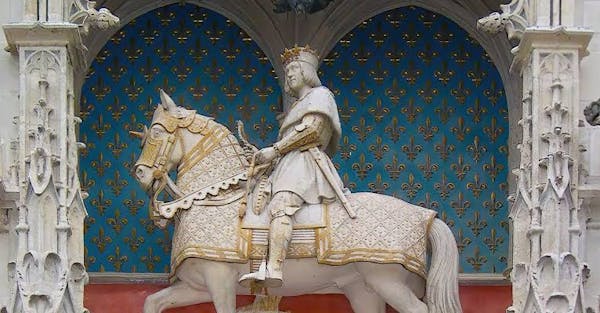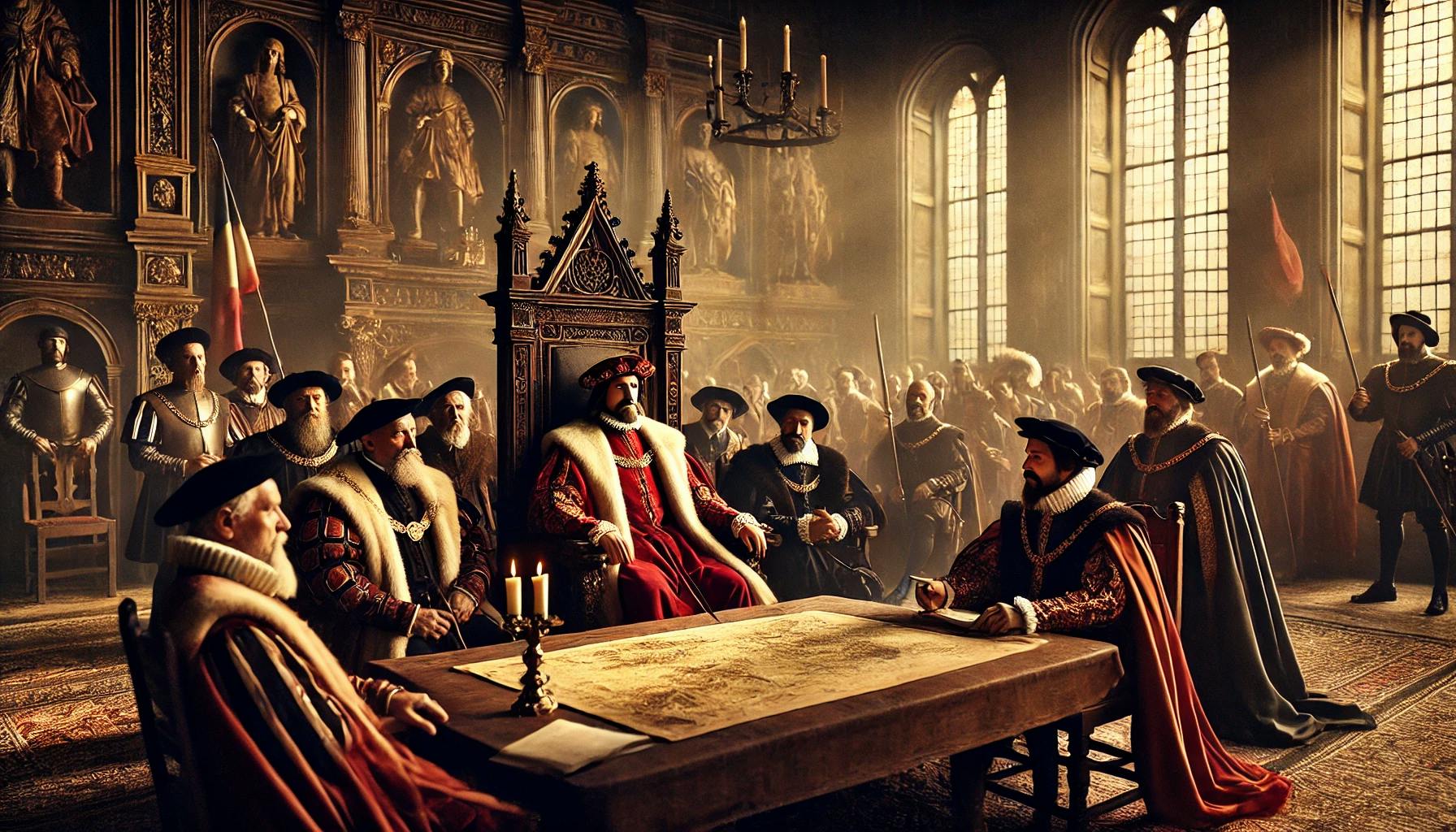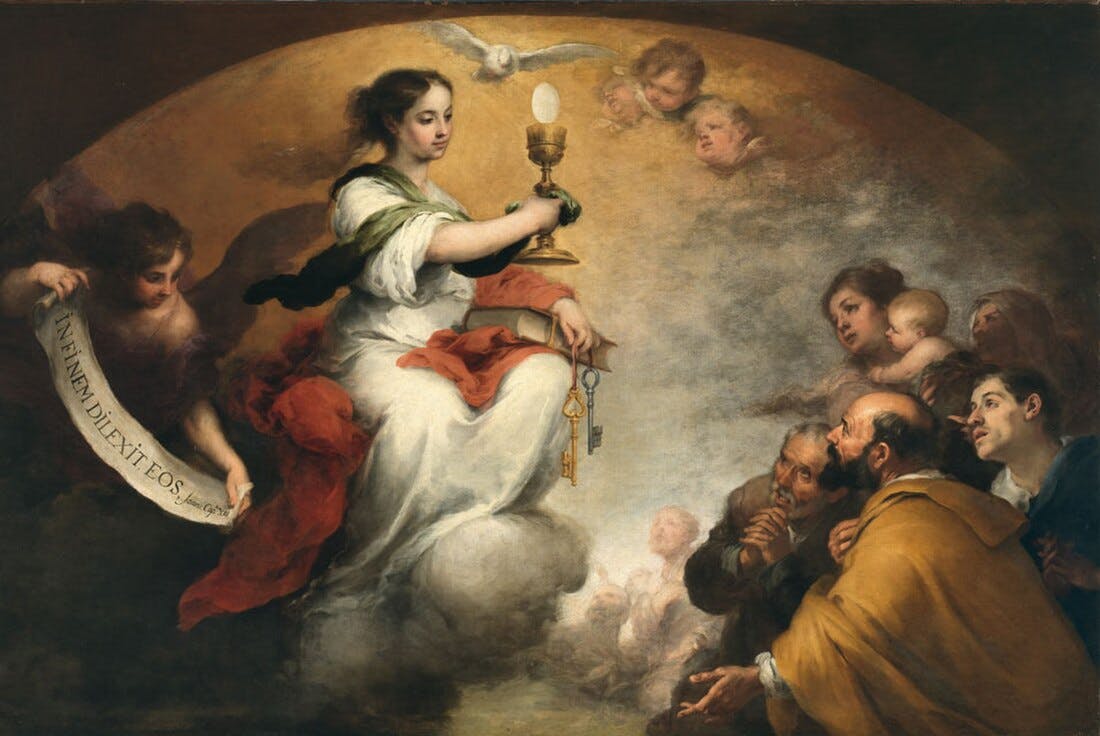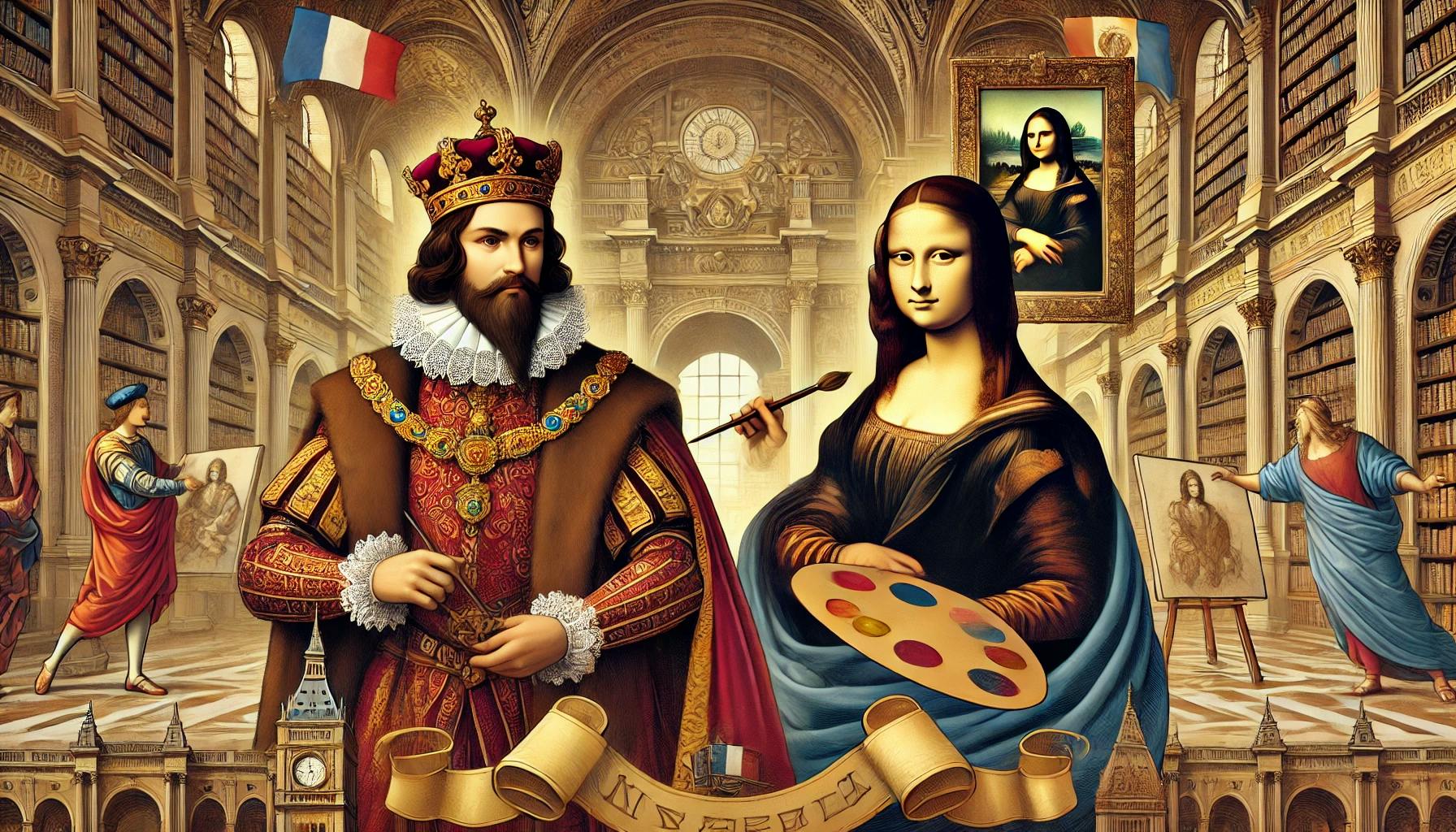
Louis XII
1462 AD–1515 AD
Louis XII of France (1462-1515), often known as "The Father of the People," reigned as King of France from 1498 to his death in 1515. Louis XII was born on June 27, 1462, in the Château de Blois and was the only son of Charles, Duke of Orléans, and Marie of Cleves. Louis was not an original candidate for the throne because, being a branch of the Valois-Orléans lineage, he held the less popular spot within the direct lineage to the crown. Nevertheless, he ascended to the throne following the death of his predecessor and cousin, King Charles VIII, who expired without a living male heir.
Louis spent his early years amidst political turbulence. At age three, he became the dukedom of Orléans, placing him in the middle of France's internal power struggle. In the 1480s, he was a central figure in the Mad War (1485–1488), a noble revolt against the expanding power of the French monarchy under King Charles VIII. Louis was defeated and taken prisoner at the Battle of Saint-Aubin-du-Cormier in 1488 and was imprisoned for three years. On his release, he came to terms with Charles VIII and was faithful to the crown, paving the way for his future rise.
One of the central objectives for Louis XII as a monarch was to expand French dominance in Italy. He inherited the Duchy of Milan by virtue of descent from his grandmother, Valentina Visconti. He launched a victorious campaign in 1499 and took Milan and declared himself Duke of Milan. Louis's plans for Italy faced intense resistance and constant shifts in political alliances. Though he had initial successes, France later suffered defeats, including the defeat at the hands of the Swiss in 1513, which forced Louis to give up his Italian holdings.
Louis XII is widely praised for his internal reforms, which made him popular on all sides. He reduced the peasants' taxes, reformed the judiciary, and promoted justice throughout the kingdom. Louis took action against the abuses of royal officials and local nobles and to have the law applied more justly to all classes of persons. He earned the name "Father of the People" (Père du Peuple) in 1506 from the Estates General for his actions. His policies steadied France and preserved relative peace inside of it, though his foreign wars were unsuccessful.
Louis's marriages were central to his political strategy. Louis's first marriage to Joan of France, sister of Charles VIII, was annulled in 1498. Louis married Anne of Brittany, Charles's widow, to cement the vital alliance between France and Brittany. Louis married Mary Tudor, sister of King Henry VIII of England, following Anne's death in 1514, solidifying additional French and English ties.
The reign of Louis XII provided the ground for the subsequent achievement of his successor, Francis I, who was both son-in-law and cousin to him. His attempts at modernizing administration, curbing corruption, and administering justice to the people placed him in the permanent regard of French history. Louis XII died on January 1, 1515, and though his foreign ventures in Italy were abortive, his domestic success left him with a reputation for reform, security, and devotion to the welfare of his subjects.



